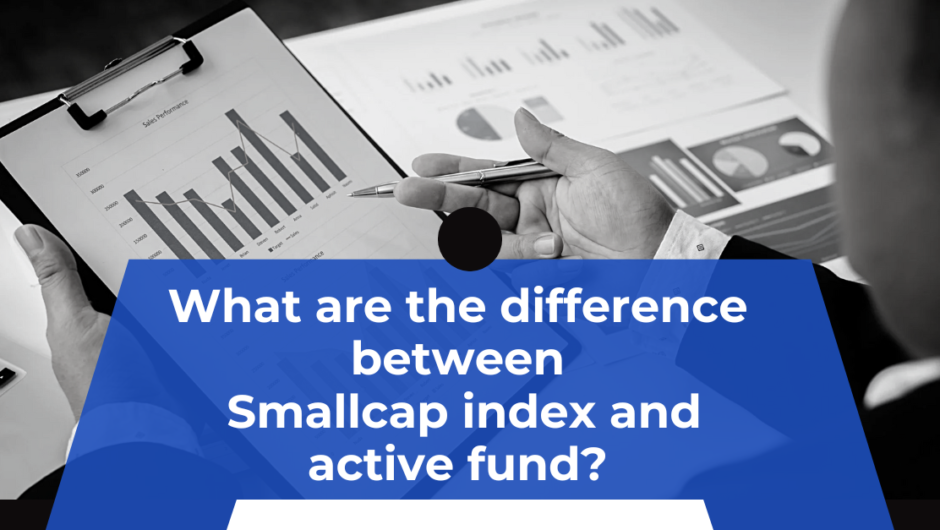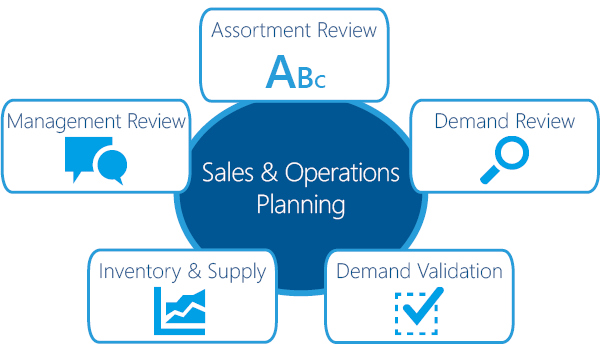When selling mutual funds and reinvesting the proceeds, understanding the tax implications is crucial to optimizing your financial strategy. The sale of mutual funds triggers capital gains tax, based on the difference between the purchase price and the selling price. These gains can be classified as short-term or long-term, depending on the holding period, with differing tax rates. Reinvestment does not eliminate the tax obligation on gains realized during the sale. Tax-efficient strategies and timing can help manage the impact. Navigating these tax considerations effectively is essential for maintaining investment growth and minimizing tax liabilities.

Introduction to Mutual Fund Taxation
Understanding mutual fund taxation is essential for effective investment planning and optimizing returns. Mutual fund investments generate income in the form of dividends and capital gains, both of which are subject to taxation. Capital gains are categorized into short-term and long-term, depending on the holding period. Short-term capital gains, from assets held for less than a year, are taxed at a higher rate compared to long-term gains, which apply to assets held for over a year and benefit from lower tax rates.
Dividends distributed by mutual funds may also be taxable. Gaining insight into these tax implications enables investors to strategize more effectively and reduce tax liabilities. By incorporating thoughtful tax planning and staying informed about current tax rates, investors can enhance their overall returns and ensure adherence to tax regulations, making mutual fund investments more efficient and rewarding.
What is Capital Gains Tax on Mutual Funds?
Capital gains tax on mutual funds applies to the profit earned from selling mutual fund shares. This profit, known as capital gains, is categorized based on the holding period into short-term and long-term gains. Short-term capital gains result from assets held for less than a year and are taxed at a higher rate, which aligns with the investor’s ordinary income tax rate. In contrast, long-term capital gains, from assets held for over a year, benefit from a lower, more favorable tax rate. This tax structure incentivizes longer-term investing by providing tax advantages for extended holding periods. By understanding these tax classifications and their effects, investors can make more strategic decisions regarding the buying, holding, and selling of mutual funds. Effective management of capital gains tax is crucial for optimizing investment returns and achieving sound financial planning.
Tax Calculation on Mutual Fund Sales
Tax calculation on mutual fund sales involves determining the tax due based on the profit earned from selling mutual fund shares. To calculate this, first find the capital gains, which is the difference between the selling price and the purchase price of the shares. This gain is then categorized as short-term or long-term based on the holding period. Short-term capital gains, from assets held for less than a year, are taxed at higher ordinary income rates. Long-term capital gains, from assets held for over a year, benefit from lower tax rates. The formula for calculating the tax liability is:
Tax Liability = (Selling Price – Purchase Price) x Applicable Tax Rate
Consider any exemptions or deductions that may apply. By understanding this process and using the formula, investors can accurately estimate their tax obligations and make informed decisions to optimize their investment returns and manage tax liabilities effectively.
How Reinvestment Affects Tax Calculations
Reinvestment of mutual fund proceeds impacts tax calculations by deferring, but not eliminating, tax liabilities. When you sell mutual fund shares and reinvest the proceeds, the capital gains from the initial sale are still taxable. The reinvestment does not affect the tax due on the gains from the original transaction. Instead, it establishes a new cost basis for the newly purchased shares. This new cost basis will be used to determine capital gains or losses when these shares are eventually sold. To manage taxes accurately, it’s essential to track the cost basis of both the initial investment and the reinvested amount. This practice ensures proper calculation of future gains or losses and helps in strategic tax planning. Understanding the implications of reinvestment on your tax situation is vital for optimizing investment strategies and managing tax liabilities effectively.
Tax Reporting Requirements and Documentation
- Reporting Obligations: Investors must report capital gains, dividends, and other income from mutual funds on their tax returns.
- Record Keeping: Maintain detailed records including purchase and sale confirmations, dividend statements, and transaction receipts to ensure accurate reporting.
- Tax Forms: Mutual fund companies provide tax forms like Form 1099-DIV and Form 1099-B, which outline income and gains for the tax year. These forms are essential for reporting to tax authorities.
- Cost Basis Tracking: Keep organized records of the cost basis and holding periods of mutual fund shares to accurately calculate taxes owed.
- Documentation: Proper documentation and timely reporting are crucial to avoid errors, penalties, and to optimize tax outcomes.
Conclusion
Balancing investment growth with tax efficiency is crucial for maximizing returns while managing tax liabilities. Investors must carefully consider the tax implications of buying, selling, and reinvesting in mutual funds. By understanding the tax treatment of capital gains and dividends, and keeping thorough records, investors can make informed decisions that enhance both growth and tax efficiency. Employing strategies such as tax-loss harvesting and long-term investing can further optimize returns. Effective management of these factors ensures that investment growth is not undermined by excessive tax burdens, leading to a more efficient and rewarding investment experience.
Frequently Asked Questions (FAQs)
1. What are the tax rates for short-term and long-term capital gains on mutual funds?
Short-term capital gains, from assets held for less than a year, are taxed at ordinary income tax rates, which can be higher. Long-term capital gains, from assets held for over a year, benefit from lower tax rates, which are generally more favorable.
2. How is the cost basis of mutual fund shares calculated?
The cost basis is the original purchase price of the mutual fund shares plus any additional investments. It is crucial for calculating capital gains or losses when shares are sold. Accurate records of purchase prices and any reinvestments are needed to determine the cost basis correctly.
3. Do reinvested dividends affect my tax liability?
Yes, reinvested dividends are considered taxable income in the year they are received, even though they are reinvested to purchase additional shares. You must report these dividends on your tax return, and they will affect your overall tax liability.
4. What forms do I need to report mutual fund income on my tax return?
Mutual fund companies provide Form 1099-DIV for reporting dividends and Form 1099-B for reporting capital gains. These forms summarize your income and gains for the year and are used to accurately complete your tax return.
Read More:
- Mutual Funds and Taxes: How Income Tax Slabs Affect Your Returns
- What are tax-free annuity exchanges?
- 13 tax-free incomes in India – every investor should know
- Tax Return Tips for Last-Minute Filers

Hello, I am Tanisha Kriplani, graduated in computer science from Delhi University. I am passionate about web content writing and have a strong interest in Data Analytics and Data Engineering.












